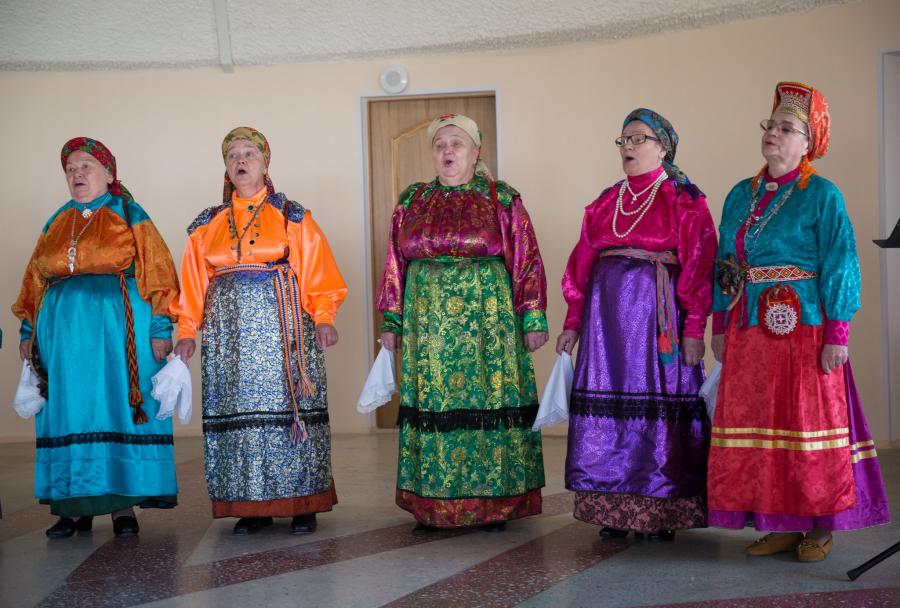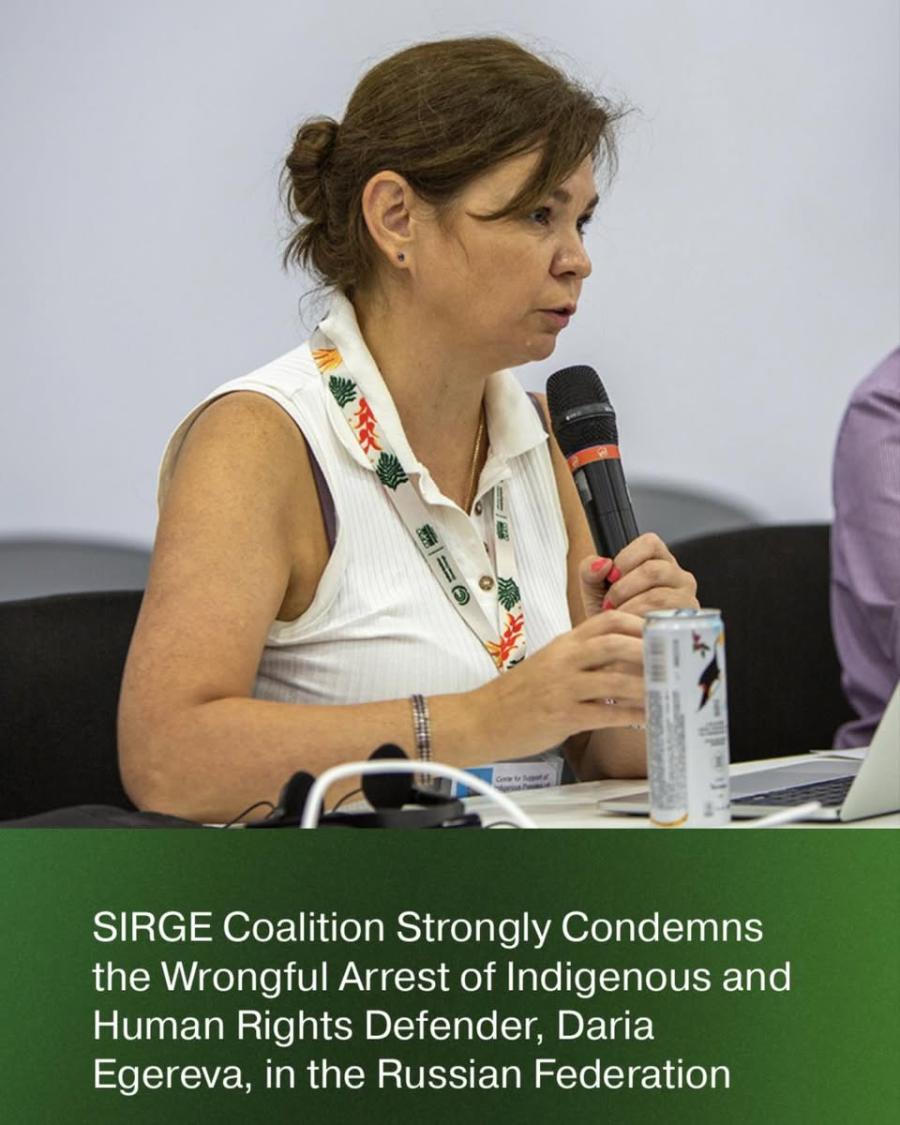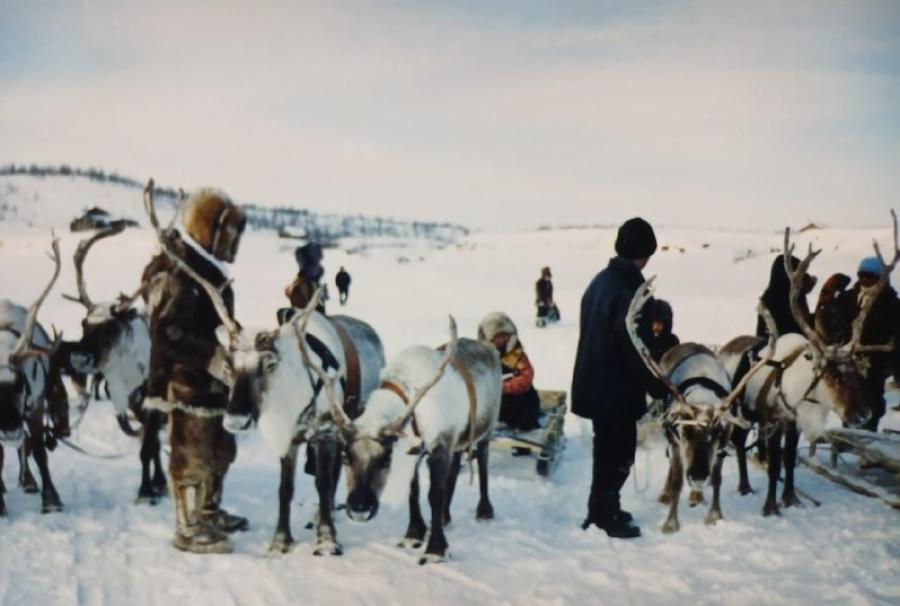Indigenous leaders of the island of Sakhalin in the far east of Russia have joined forces as a new wave of oil and gas development on the island encroaches on their traditional lands.
On March 25-26, representatives of the Nivkh, Orok, Evenk, and Nanai peoples of Sakhalin held a congress in the town of Yuzhno-Sakhalinsk. Roughly 3,000 indigenous people make up about one-half percent of the island’s total population.
Despite their small numbers, the Sakhalin aborigines are standing up to multinational energy companies that are developing oil and gas deposits on the island.
The indigenous congress created a council which will represent the island’s indigenous population in negotiations with the oil companies and Russian government authorities. The council will advocate for an ethnographic study to assess the cultural impact of the oil and gas projects on indigenous peoples. This independent study would also evaluate the appropriate financial compensation that should be given to indigenous peoples for any damage resulting from the projects.
Sakhalin’s indigenous leaders also pressed for companies engaged in developing the island’s natural resources to contribute to an Indigenous Development Fund that would serve to improve the economic and social conditions of the four indigenous groups on the island. Some oil company representatives were present at the congress.
Large-scale integrated oil and gas production started on Sakhalin in the mid-1990s when the Russian government signed agreements with a host of energy giants such as Exxon, Shell, British Petroleum, and Russia’s Rosneft. Now, the second stage of development is due to take place with the construction of additional oilrigs, pipelines, processing plants, and transportation terminals.
Sakhalin Energy, in which Shell is a majority shareholder, has committed to bring its investment on the island up to $10 billion over the next five years in order to extend the currently seasonal oil and gas production year-round, according to the Sakhalin Energy website.
Sakhalin aborigines claim that the oil and gas projects are threatening their traditional lifestyle through deforestation, pollution, and by endangering the species that are central to their livelihoods. Many indigenous islanders still sustain themselves through reindeer herding and saltwater and freshwater fishing, and the new Shell pipeline is being constructed over a sacred Nivkh burial ground.
The noise from the construction has impacted the caribou population and driven herders away from their animals’ traditional grazing grounds, reports Pacific Environment, a California-based non-governmental organization involved in community advocacy efforts on the island.
Oil company representatives were contacted several times but were unavailable for comment.



